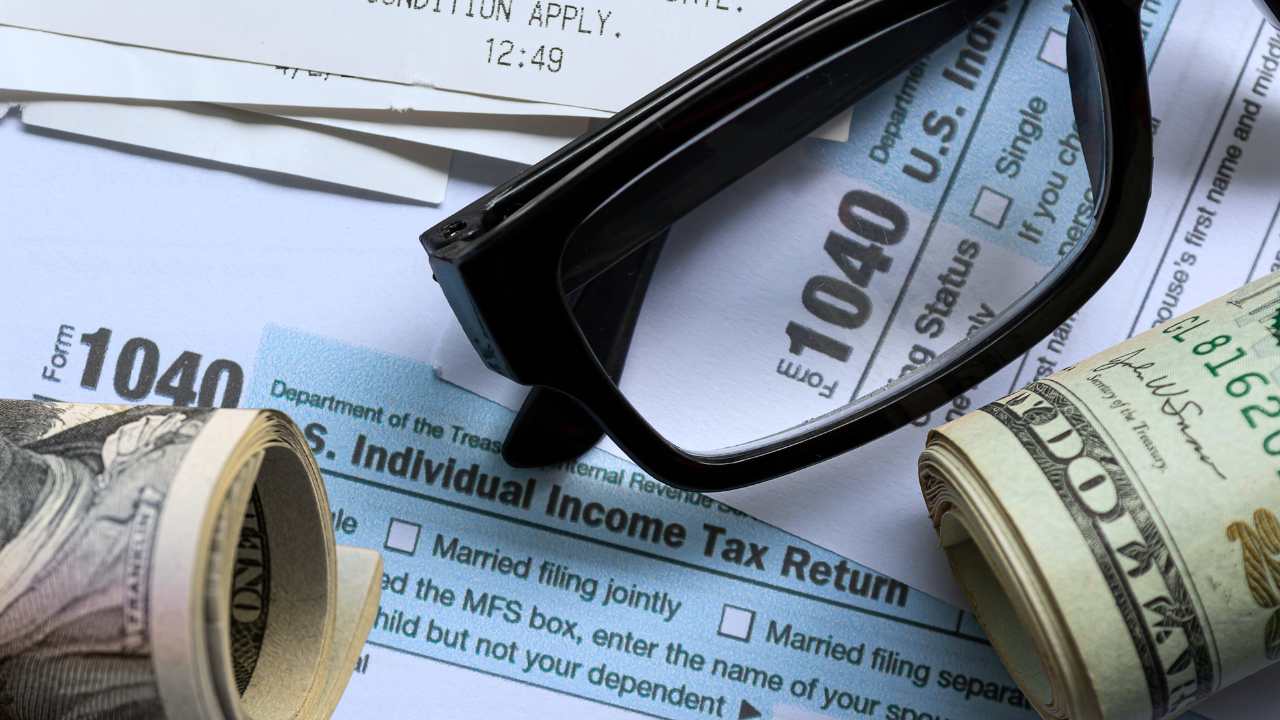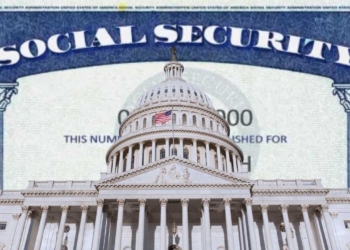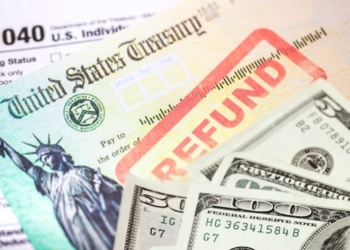The Internal Revenue Service (IRS) has confirmed the discontinuation of its Direct File pilot program for the 2026 tax season. This decision marks the permanent end of the free digital platform that allowed taxpayers to file their federal tax returns directly with the tax agency, without the need for commercial intermediaries. The news follows recent statements by IRS Commissioner Billy Long.
Although Direct File was initially considered a permanent option starting in 2025, the current administration decided to cancel it. Arguments cited include operating costs considered high, potential hidden costs, and confusion among some taxpayers. This decision was reached despite the initial push to establish the service as a permanent option.
What are the options for low-budget tax filing
During its pilot phase implemented in 2024, Direct File recorded remarkably high user satisfaction levels, reported by the IRS as ranging from 90% to 94%. Users frequently highlighted its ease of use, the platform’s accessibility, and the trust generated by interacting directly with the official tax agency. These positive user experience indicators did not alter the final cancellation decision.
The elimination of Direct File means taxpayers who relied on this service will have to seek filing alternatives. For federal returns of basic or moderate complexity, many of these alternatives will entail a direct financial cost. Popular commercial services, such as TurboTax or H&R Block, typically charge fees ranging from $100 to $200 for a simple return, an expense the IRS program helped avoid.
In addition to the monetary outlay, taxpayers could face an increase in the time required to prepare and file their taxes. Previous estimates suggested that using Direct File significantly reduced preparation time compared to traditional methods or basic commercial software, which could take about 9 hours on average.
How low-income households can file their taxes
The disappearance of the free platform could create barriers to access, particularly for low-income households and moderate-income taxpayers. These populations already face challenges in complying with their tax obligations. Direct File eliminated the cost and also simplified the process, increasing the likelihood that taxpayers would claim available deductions and tax credits, such as the Earned Income Tax Credit (EITC), for those eligible.
Free alternatives available for the taxpayers to use
With the cancellation of Direct File, taxpayers must turn to other free filing programs. The best known is IRS Free File, administered through a partnership between the IRS and commercial tax software companies, known as the Free File Alliance. This program allows taxpayers with an Adjusted Gross Income (AGI) of approximately $84,000 or less in 2025 to use free versions of software from participating brands. It also offers Free File Fillable Forms for those who prefer to manually complete their returns electronically, with no income limit.
Another solid option is the VITA (Volunteer Income Tax Assistance) and TCE (Tax Counseling for the Elderly) programs. These programs offer free in-person assistance provided by IRS-certified volunteers. They are specifically geared toward people with incomes generally of $67,000 or less, people over 60, people with disabilities, or those with limited English proficiency. Volunteers help identify applicable tax credits.
Options for military and nice external software
Active-duty members of the U.S. Armed Forces and qualified veterans have access to MilTax, a service administered by the Department of Defense. MilTax provides free electronic tax preparation and filing of federal and up to three state returns, with no income restrictions. It is a comprehensive alternative for this community.
Outside of the direct IRS umbrella, several tax software platforms offer free versions for federal filing. Some of the most frequently mentioned include Cash App Taxes, which users claim is “completely free for federal and state taxes,” and FreeTaxUSA, described as “the most comprehensive… free for federal taxes, $14.99 for state taxes.” Other options include H&R Block Free Online and MyFreeTaxes, although terms and state coverage may vary.







